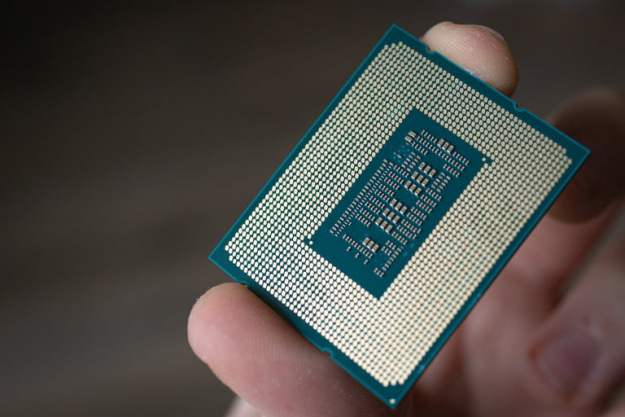
Inexpensive, super-portable, and (importantly!) low-cost netbooks might be one bright spot in PC sales in the current global economic downturn, but market analysis firm Biz360 finds consumers don’t seem to be all that thrilled with the low-end notebooks—at least if online reviews and social media postings are any indication. Biz360 pointed its automated Opinion Insights tool at social media Web sites and online product reviews to get a sense of how consumers are responding to netbooks. The results? So-called "net advocacy" for netbooks—Biz260’s measure of the general online buzz for a product or brand—is about 40 percent lower than net advocacy for all notebook products. Furthermore, while raw performance seems to be the most important factor in evaluating a notebook computer, performance reviews of netbooks are predominantly negative.
"The results of the social media analysis indicate that there is a lot of opportunity for improvement across the board for Netbook products," said Biz360’s director of analyst services Stephen Foster, in a statement. "Netbook manufacturers also face a significant challenge with consumers whose expectations are based on years of desktop PC usage."
Biz360 also found that while Acer may be the top seller in the netbook product category, it also ranks lowest in "Net Advocacy" amongst the top six notebook brands, with the Aspire One coming in 34 percent lower than the average for all notebooks and failing to meet the expectations of the majority of their owners. Biz360 also found that almost a quarter of all notebook reviews focus on performance.
Biz360’s analysis looked at more than 20,000 online opinions from May 15 through November 15, 2008, pulled from user reviews on Web sites like Amazon.com Best Buy, CNET, Newegg, PC World, CompUSA, and Circuit City.
Editors' Recommendations
- AMD’s new CPU slammed as ‘anti-consumer at best’
- ChatGPT maker OpenAI faces FTC probe over consumer protection laws
- Nvidia RTX 40-series GPUs may consume a crazy amount of power
- U.S. studies new facial recognition tech built with masked faces in mind
- Digital Trends Live: Virtual graduations, Fitbit heart study, NASA and Cruise


